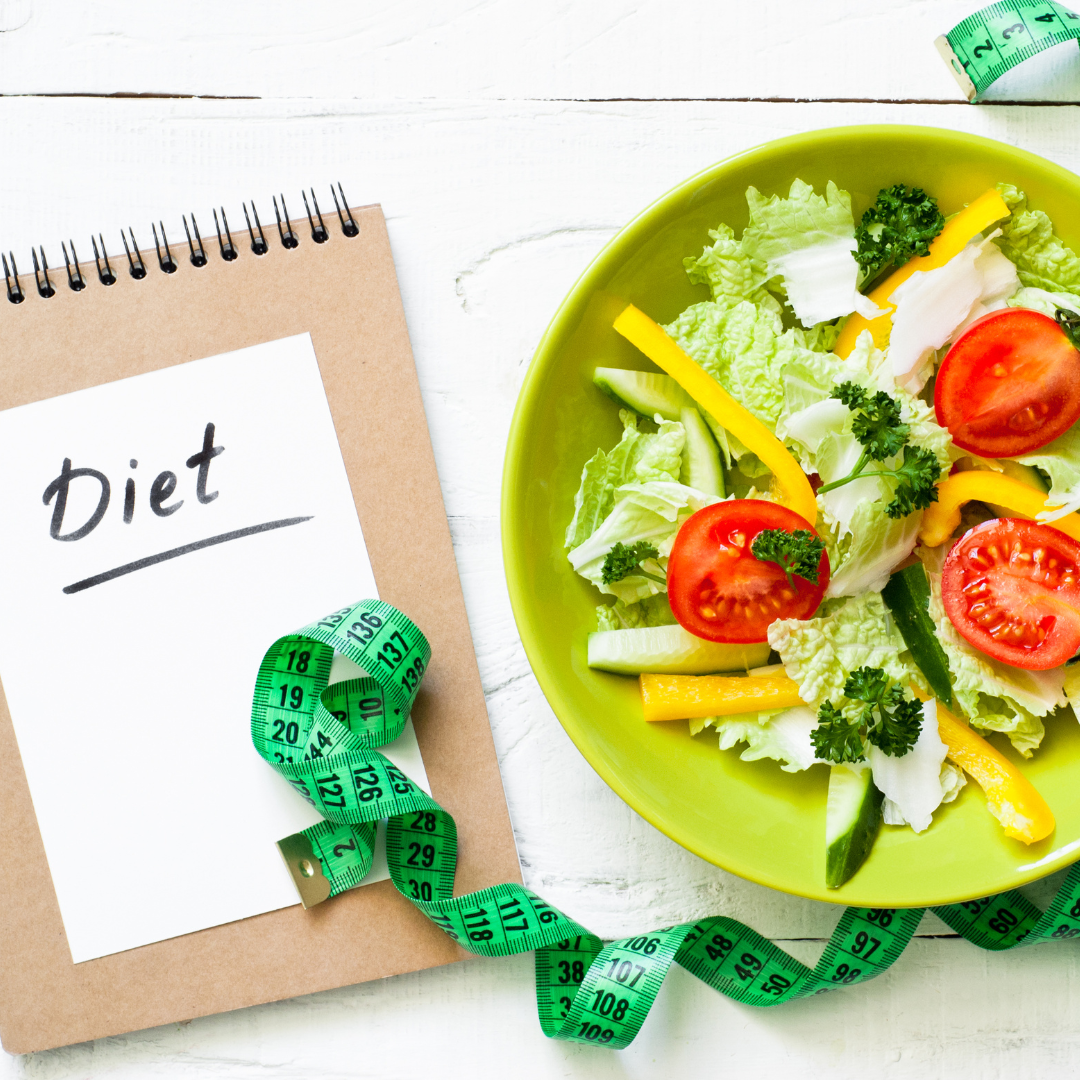
Do you drink a cup of coffee to start your day but have heard mixed reviews on whether or not this habit negatively impacts your health? The good news is that coffee can benefit our gut microbiome in moderation!
If you’re new here, our gut is critical for overall health, so this is a big positive. Studies have found that coffee enhances good gut bacteria through its antioxidant properties and even decreases “bad” or inflammatory gut bacteria.
While you should still watch for excess sugar and caffeine, cut coffee out of your diet if you have underlying conditions like heart arrhythmia, and avoid coffee enemas at all costs (more on this later). When enjoyed responsibly, coffee is an excellent option for a drink. Let’s dive in and discuss this further.
The benefits of coffee
Studies show coffee lovers enjoy a reduced risk of heart disease, liver cancer, liver cirrhosis, Parkinson’s disease, Type 2 diabetes, Alzheimer’s disease, and more. Coffee can reduce the risk of these diseases when consumed regularly over time. But perhaps the most significant benefits are the drinks’ anti-inflammatory, antioxidant, and potential anti-cancer effects. As I hope you know, inflammation is not good for gut health, so a decrease in inflammation due to coffee consumption is a huge benefit! Coffee also helps promote good gut bacteria such as bifidobacteria!
Phytochemicals, or compounds produced by plants, are found in coffee, promoting beneficial bacteria growth. Coffee lovers may see benefits with minimal coffee consumption, such as 1-2 cups per day. However, studies show maximum benefits with an average of 3-4 cups per day. The American Journal of Gastroenterology found that over a year, those who consumed two or more cups of coffee daily had more beneficial gut microbes than those who didn’t.
How coffee works in our guts
Coffee stimulates the digestive tract, which is why you often need to use the bathroom after that first cup, working similarly to a laxative. The drink can stimulate gastrin and cholecystokinin secretion, which aids digestion. In addition, coffee stimulates motility and has even been proven to help with digestion after abdominal surgery.
However, there are two caveats to drinking coffee from a digestive standpoint. First, if you have loose stool or diarrhea or struggle with heartburn, it may worsen your symptoms, in which case you may want to avoid it. Coffee may exacerbate your symptoms if you have gut health issues such as GERD, heartburn, acid reflux, IBS, etc. The coffee is not harmful, but if it triggers your symptoms, it’s best to cut down or avoid it, or perhaps try decaf, green tea, or matcha. The caffeine may be worsening your symptoms, in which case decaf may help. If it is other properties in coffee and not the caffeine, green tea or matcha will give you the same benefits and may not give you any symptom flares.
One reason coffee may aggravate your symptoms is due to the acids in the beans of coffee—the acidity increases in the roasting and brewing process. You’ll find less acidic coffee in dark roasts and cold brews.
I always recommend lifestyle changes and a plant-based diet for optimal gut health, eating up to 30+ whole plant-based foods per week. So, in addition to your cup of joe, avoid drinking alcohol and caffeinated or carbonated drinks as much as possible. Make sure you are staying hydrated by drinking plenty of water.
Drop the java! Disclaimers to consider
While coffee can be beneficial, here are some factors to consider to determine if it’s right for you. Here are some factors to consider.
- The amount of caffeine – Coffee contains caffeine, which, if consumed in high amounts, can result in jitteriness and a fast heart rate. Everyone reacts differently to coffee; some may be more sensitive to caffeine products. If you don’t like coffee or tolerate it well, there’s no need to start consuming it. If you want the antioxidant properties of coffee, green tea or matcha, which have similar benefits as mentioned above, are great options that may not cause the same side effects. Talk to your doctor if these side effects continue.
- If you’re hydrated – Make sure to drink water if you are drinking coffee! It’s not a substitute, and hydration is critical for optimal body and gut function.
- The amount of sugar and saturated fats – The American diet lends itself to fried, fatty, and processed foods, which are all generally not good for your gut microbiome. Dairy is generally also not tolerated by the majority of the adult population, with 67% of the U.S. population being intolerant, with a higher prevalence among Asians and Blacks. Adding a ton of sugar, dairy-based creamers, and other extras like whipped cream can all lead to inflammation, stomach pains, and even diarrhea. Hold off on the “extras” that may contain these ingredients if you can. If needed, add as little as you can. The best way to drink coffee is without these additions, though I know that’s not always tasty or desired.
For best results (and to save a buck), make coffee at home
Coffee shops and chains often add a lot of sugar, artificial flavors, and sweeteners to coffee which will counteract the good effects coffee can have on our guts. Making your coffee at home is the best option to ensure you are aware of how much sugar and fat you consume. If you love a coffee shop visit, research their drinks ahead of time to make intelligent decisions. I’ve included some recipes below that are both delicious and gut-conscious!
- Pumpkin Spice Turmeric Latte (Coffee-free but can easily be added)
Who should avoid coffee?
Everyone is different, so if you are unsure if you should drink coffee, talk to your doctor. I advise some patients to avoid coffee if it kickstarts or worsens their symptoms (for example, those with IBS, diarrhea, or heartburn). Likewise, patients with heart conditions and who are pregnant should consult with their doctors.
PSA: stay away from coffee enemas!
TikTok and social media have recently triggered the dawn of some pretty crazy health schemes, and coffee enemas are one of them. They are extremely dangerous and can cause proctocolitis, aka inflammation of the colon and rectum, rectal burns, nausea, vomiting, dehydration, bowel perforation, infection, and wreak havoc on our guts. As a board-certified gastroenterologist, please take my advice and avoid them.
Happy sipping!
The National Coffee Association revealed earlier this year that coffee consumption in the U.S. is at a 20-year high, with 66% of Americans now drinking coffee daily (more than tap water). The good news is that, in general, healthy individuals can relax and enjoy this tasty beverage guilt-free.
DISCLAIMER: THIS WEBSITE DOES NOT PROVIDE MEDICAL ADVICE
All the information on this website, including, but not limited to, text, graphics, images, and other material are for informational purposes only. No material on this site is intended to be a substitute for professional medical advice, diagnosis, or treatment. Always seek the advice of your physician or other qualified health care professional with any questions you may have regarding a medical condition or treatment before undertaking a new health care regimen, and never disregard professional medical advice or delay in seeking it because of something you have read on this website.








